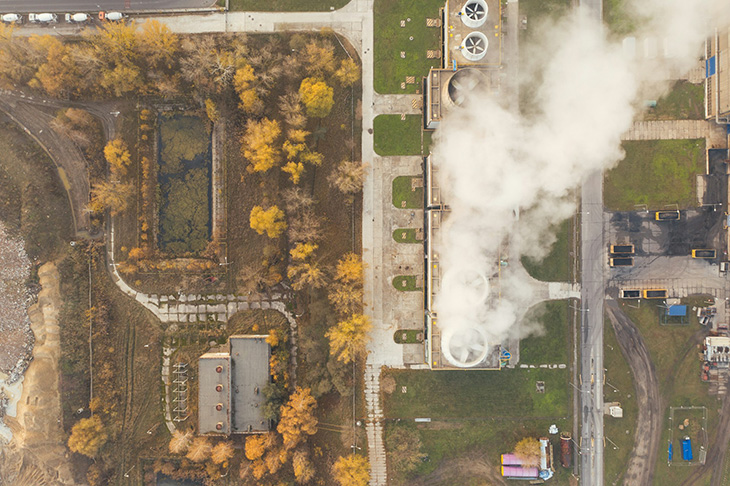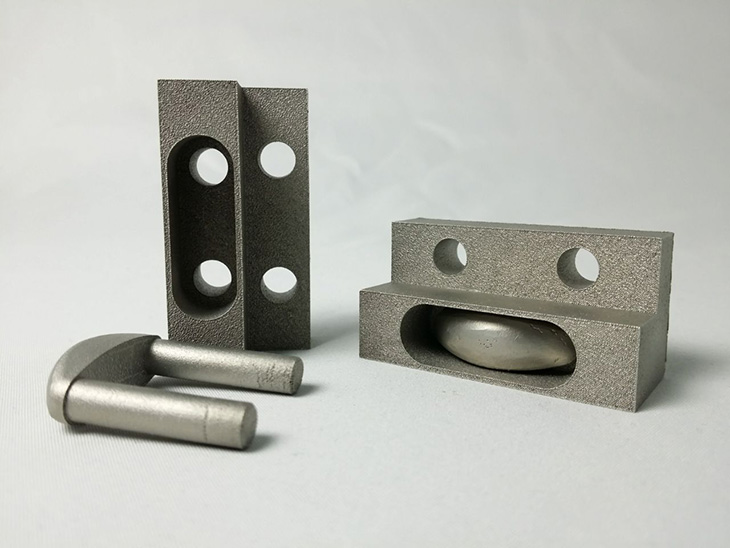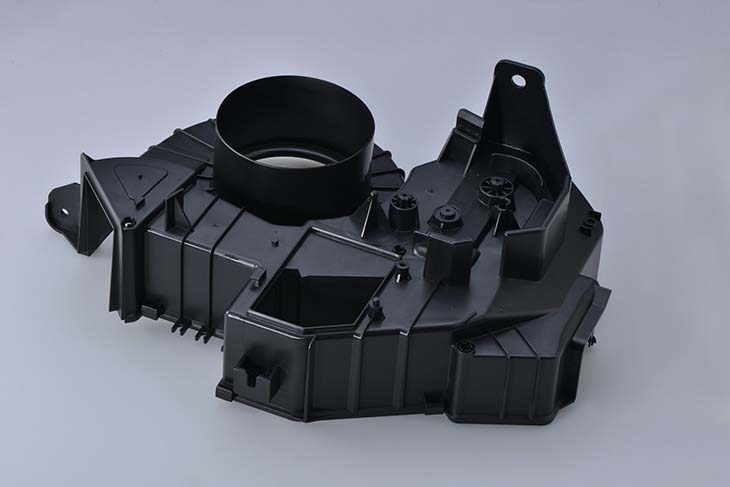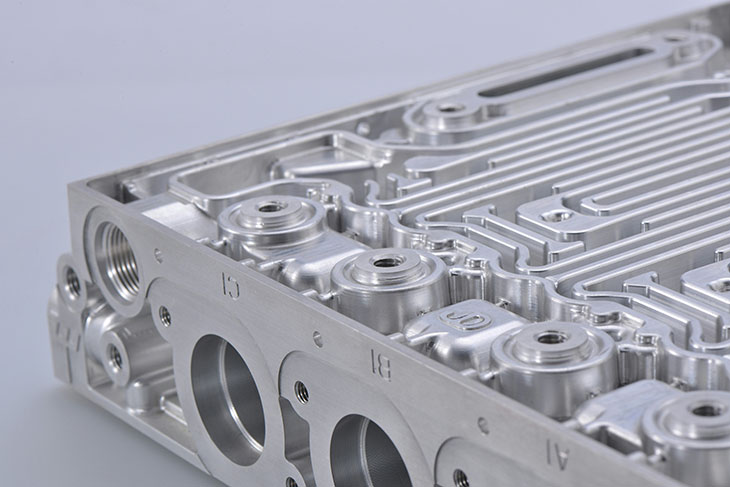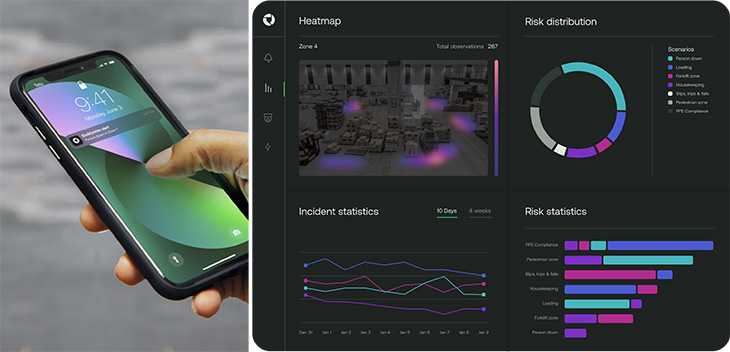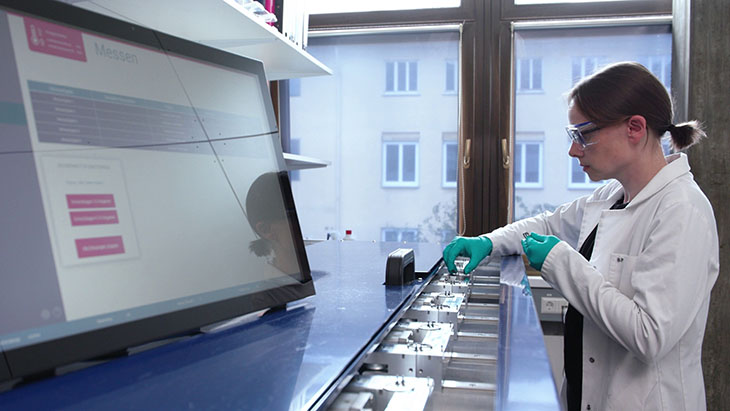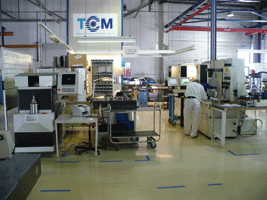Job creation in the UK manufacturing sector hit a three-month high in June, according to the July IHS Markit/CIPS UK Manufacturing Purchasing Managers' Index and Actuated Valve Supplies.
The PMI tracks performance in the UK manufacturing sector over a range of different indicators, giving it a total score out of 100.
At 54.4, the UK Manufacturing PMI for June was up slightly from the previous month, which had ended on 54.3 after an initial forecast also of 54.4.
"Sector data indicated that the upturn remained broad-based during June," the report states. "Output and new orders rose across the consumer, intermediate and investment goods industries."
Growth in new orders continued to improve - with the rate of increase hitting a three-month high in June - and this was supported further by firms working to clear backlogs of orders, as well as to build inventory.
Faster job creation
The rate of new job creation in UK manufacturing was also at a three-month high in June, with the PMI reporting a "solid improvement" in the pace of new staffing levels.
Overall employment increased across all segments of the report, including consumer, intermediate and investment goods.
Jobs growth remains lower than it was for much of 2017; however, with positive and accelerating employment figures in the sector, UK manufacturing is on the right track.
Future optimism
The majority of firms remain optimistic for the future, with over 51% of those surveyed predicting that output will increase during the coming 12 months.
A broad range of factors are driving this optimism, ranging from investment, organic expansion and market growth, to increased capacity and planned promotional activity.
There remains uncertainty surrounding Brexit and its potential impact on exchange rates and trade tariffs with European markets.
However in some cases, this is helping to give supply chains an immediate boost too, as customers who anticipate future price rises are buying extra stock of materials in order to bolster their inventories before any such price inflation takes hold.
Bright on balance
Overall, although it is impossible to predict future performance with absolute accuracy, there are signs of brightness in UK manufacturing, including job creation, optimism on future output, and expectations of new market growth.
This is helping the sector to overcome price inflation and other supply chain issues such as a shortage of some raw materials and longer waiting times for deliveries.
Duncan Brock, group director at CIPS, said: "With an increase in hiring and continued optimism resulting in new products and markets, the sector may yet beat the Brexit blues."
Meanwhile among eurozone countries, Ireland ranks third with a Manufacturing PMI of 56.6, behind only the Netherlands and Austria in June.
This puts it at a five-month high, making Ireland one of the strongest performers in June, and could add further to confidence about trading between Northern Irish manufacturers and those in the Republic, the UK's only land border with an EU member state.










